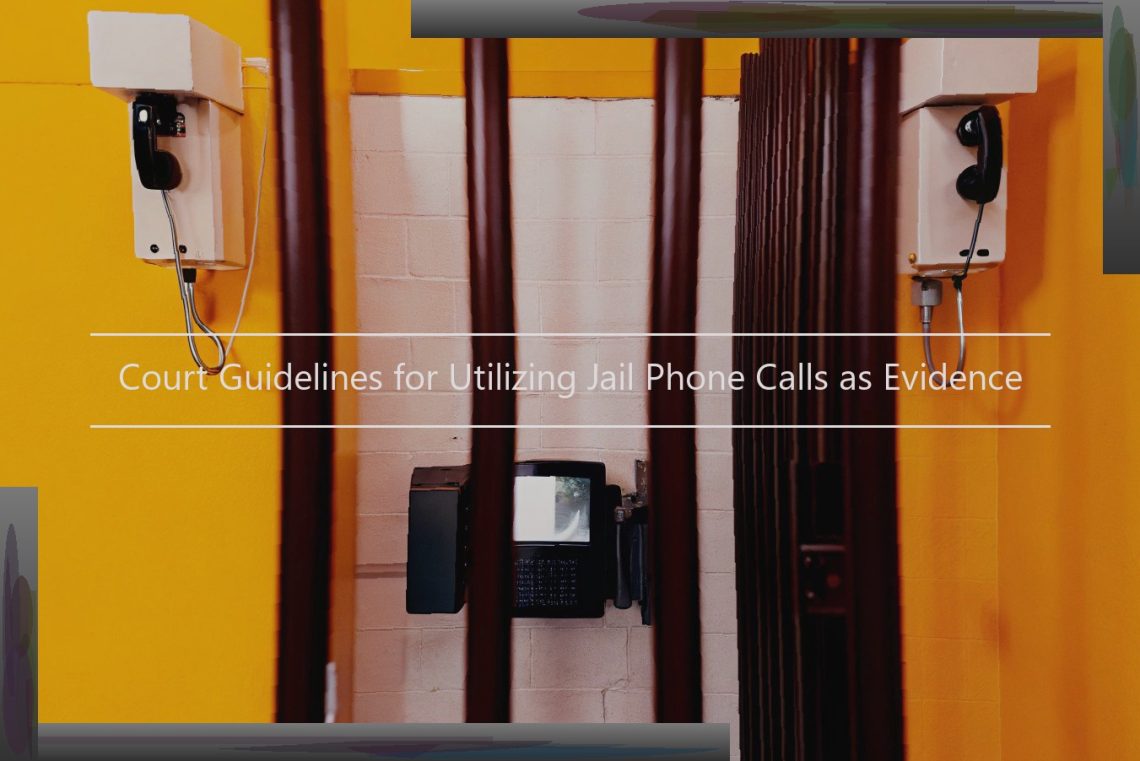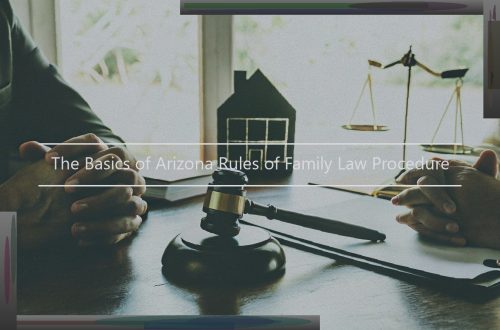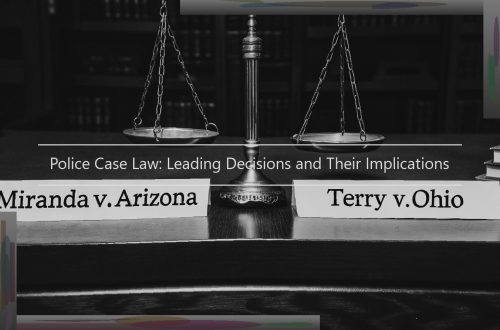
Court Guidelines for Utilizing Jail Phone Calls as Evidence
Monitoring Jail Phone Calls
Calls made from inside a jail or prison are typically subject to monitoring and recording through, inter alia, the use of "jail phone" technology. Whether a detention center has installed a jail phone system depends upon the jurisdiction. For example, according to the Orange County California Sheriff’s Department website, "[a]ll telephone calls placed and/or received from the Orange County Jail facilities are subject to electronic monitoring and recording."
Broadly speaking, jail phone systems work by intercepting the outgoing or incoming telephone call and routing the call through a third-party call service provider that either uses call center operators at the receiving end or voicemail-style services. The technology utilized varies among different correctional facilities and jurisdictions, but jails typically use specific call centers to manage the incoming and outgoing calls and to monitor and record the calls. Some jails prohibit contact with certain individuals, such as attorneys and law enforcement personnel. The rationale is that inmates can confide in their family and friends, notwithstanding facility rules, and make incriminating admissions. Other facilities do not allow calls to be made or received from public phones for lack of control; especially where it is not possible to place a phone and be sure that the call may not be recorded and monitored.
The monitoring and recording of jail phone calls raises different constitutional concerns than monitoring and tape-recording a conversation on a wire or through an electronic device outside of a jail. The reason detention centers are permitted to surveil conversations is because the inmate has no legitimate expectation of privacy in jail. The rationale is that inmates are in jail as punishment for breaking the law and knowingly lose their civil liberties in the process. Thus , they do not have a reasonable expectation of privacy in a telephone call made from a correctional institution. Moreover, inmates agree to have their conversations monitored when they use a jail phone and continue to be relatively free to communicate with others if they wish. Also, detention centers conduct the monitored calls in order to minimize facility security risks, such as repeated crimes and violence. Inmates often know the call is being monitored, and therefore, have some measure of control over what is said on the phone.
On the flip side, the reason a lawful monitoring or taping is permitted is that it is a legitimate investigative tool in building a prosecution case (in judicial proceedings—such as a criminal investigation) so long as it is reasonable and in furtherance of a legitimate objective. This includes objectives of protecting the public from harm or otherwise preventing the repetition of criminal activity. The government’s right to monitor or tap is limited to reasonable investigative methods. Automated procedures to monitor communication are widely used to trace, control, or prove the commission of criminal or wrongful acts. It is not a general right of surreptitious surveillance.
Law and Procedure Governing Jail Calls in Court
A vital requirement for using these recordings in court is that they are deemed to be both relevant evidence and have been collected in a legally sounds manner. There have been numerous relevant court cases and subsequent attitudes in the law that have impacted this method of obtaining evidence as an acceptable practice. In 2006, the U.S. Supreme Court reaffirmed the legality of recording telephone calls in its Entscheidung in U.S. v. Huguenin. In this case, the Court ruled that a phone call made by an incarcerated person to an individual on the outside was admissible as evidence during a drug-trafficking trial. Later in the same year, the Texas Court of Appeals ruled that recorded calls originating from within the state prison system are admissible as evidence when they are made to someone who has initiated the call on their own phone, even though state laws state that two parties must consent to the recording of a conversation in order for it to be legal. Subsequently, in 2009, the Georgia Court of Appeals issued an unequivocal ruling on the matter, stating that anyone who calls the inside line of a correctional facility—whether it is a jail or prison—is explicitly consenting to the recording of their conversation.
Inmate’s Rights and Releasable Exceptions
Jail phone calls are a curveball that can end up creating all sorts of headaches for defendants and their legal representatives. They’re recorded and, if not careful, can be used against you. In addition to that, inmates have certain rights regarding phone calls, including potential exceptions to the general rule that those calls can be recorded and used against them. Here’s a look at these rights, what they mean in the context of phone calls in jail and how you can protect yourself from becoming a victim of surveillance.
Inmates do not enjoy the same level of privacy as the general public does when it comes to phone communication. Except for the attorney-client privilege and a few other rare exceptions, inmate phone calls can be recorded, monitored and reviewed by law enforcement and corrections personnel at any time. This means that everything communicated over the phone can be used against the inmate, so he or she must act with extreme caution at all times.
The most well-known exception to this rule is the attorney-client privilege. An inmate has a right to communicate with his or her attorney through an unmonitored and unrecorded line. Any phone call that is billed directly to the inmate’s account can be private, which means a legal representative could set up a prepaid phone account and then be able to have phone calls that cannot be tapped into. Even calls that are accepted collect can be made private.
However, these private calls are extremely rare. The parties involved in the phone call must acknowledge and approve the privacy of the call, and they often just think it’s easier to avoid the risk by not using phone calls at all.
Keep in mind that phone calls between an inmate’s family members and the inmate may be monitored, however. Whether or not these calls are automatically exempt from monitoring and recording will depend on the specific policies of the jail. Be sure to find out exactly what the rules are, and whether or not the private call rules might apply to your situation.
Courtroom Implications
In previous sections, we’ve explained some of the benefits of using jail phone calls as evidence. In this section, we’ll take a look at how jail calls have been used in past cases, and what role they’ve played in each trial.
Pennsylvania
In 2010, Ms. Cosby was arrested for forging court documents. During her booking, she called and left a voicemail for her mother, "Please get this cleared out ’cause I’m gonna lose my job, I can’t afford this, that ain’t got no money… ‘Cause I’m not supposed to be here." She was sentenced to 9 months’ probation.
Kansas City
In 2005, Ms. Smee was arrested for a domestic dispute with her husband. While on her way to jail, she told the officers that her husband had been drinking while shooting a gun. "And I told him to put it down, and he wouldn’t. So, I said ‘[Husband], put the gun down.’ And he said, ‘No, it wasn’t loaded.’ And I said, ‘Then why were you pointing it at me?’ And I – I was like this, like – hold on, like this with my phone right here. And I said – so I reached for his hand, and I was like, ‘Give me the gun.’ But he refused, and it was still – ’cause , I mean, it is – we have a full clip, but we’re both holding on to it like this. So, I started jerking it, because it was pointed at me. And then he said, ‘No, it’s not loaded.’ And I said, ‘Oh well, if it’s not loaded, then who cares?’ you know. And so, I just, you know, let go of it…. And that’s when he slapped me really hard. And I had a huge mark on my face. He slapped me with the gun."
South Carolina
Mr. Greene was charged for "one count of disorderly conduct and two counts of truly menacing…we called up some of Mr. Greene’s friends. We found out that Mr. Greene had called several of his friends from the county jail…he avowed that he had killed the victim in this case and showed no remorse for the act, which makes the jail communications a pretty strong indicator of Mr. Greene’s true character."
Florida
Mr. Branch was charged with four counts of aggravated assault. While in the Orange County Jail, he was discovered to have made 43 outgoing calls, most of which were to his father, brother, girlfriend, and ex-girlfriend. During these calls, he made several incriminating statements regarding the murder.
Contentious Arguments and Exclusions
The use of jail phone calls as evidence is a subject fraught with controversies and potential ethical violations. For example, the large amounts of money that companies make running jails and prisons may iron out some conflicts of interest. Not only do these facilities make profits off of the calls, but they also partner up with prosecutors and law enforcement, and they even purchase information from the providers. For example, one contractor was found to have contributed nearly $100,000 to a law enforcement training program in Orange County, California-the same county with the highest number of contracts with the contractor. And letting jails effectively wiretap people is perhaps the largest potential conflict of them all: absolutely no oversight allows jailers to listen to and catalog conversations without any regard for the attorney-client privilege, something that happened in the case of Susan Nishiyama-Simmons, who was secretly recorded while allegedly being coerced into confessing to numerous serious crimes over the course of several weeks. Sure, there is no proof that this occurred as a matter of routine, but it has the potential to be all out of control. With unflagging integrity, bounds, and restraints, the potential for harm here is great, and we counsel clients against making calls from jail and prison specifically because of this. Unfortunately, unwary clients and their advocates sometimes make it impossible to do anything other.
Legal Recommendations
Legal professionals should consider several best practices when it comes to dealing with jail phone calls. For prosecutors, this means understanding how the calls were recorded and ensuring the authenticity of the evidence before presenting it to the court. For defense attorneys, it is important to critically analyze these calls to determine if there are defenses based on insufficient notice or coverage issues. One best practice is to ensure that any recordings presented in court are complete and accurate . Often, prison and jail phone systems record high volume calls but eking out at key times (such as at the beginning) may not always be preserved. In addition to ensuring that the recordings in question back up the data contained in those systems the longevity (and the ability for data to be deleted) should also be considered. Another best practice is to carefully review calls that may be damaging to the case. For example, GPS location data on a device can be an important piece of evidence, but has been used to erroneously convict people.





